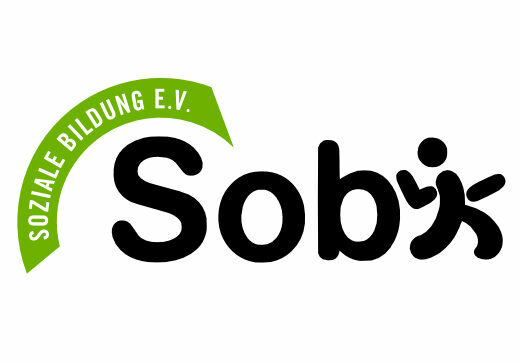Since start of 2007 the pilot project “Demokratiestärkende Bildungsarbeit im ländlichen Raum” (educational work to invigorate democracy in rural areas), “Soziale Bildung e.V.” has been involved in research and evaluation as well as being dedicated to practical educational work. In addition to evaluating our own projects, the association analyses the work of its peers in the areas of child and youth outreach as well as education in politics. An extensive list of completed projects can be found in the ‘completed projects’ section including relevant research papers and recommendations.
Offers in the field of research and evaluation
Research work carried out at SoBi. is understood to be practical and empirically based analyses that make use of comprehensive survey and analysis methods. The survey and analysis settings are adapted to the resources as well as the needs of the respective actors.
The aim is to combine different survey methods. This is based on a complementary understanding of triangulation, the aim of which is to generate a comprehensive gain in knowledge and compensate for deficits in the survey methods.
The following methods can be used in the analysis:
Qualitative methods
- Guideline-based interviews and group discussions
- Transcription and encoding of interviews
- Observations and their analysis by means of comprehensive documentation
- Evaluation of qualitative data by means of computer-aided analysis
- Statistical methods in the field of univariate (descriptive description), bivariate and multivariate analysis (correlation analysis)
Quantitative methods
- Questionnaire design
- Creation of online questionnaires and paper questionnaires
- Quantitative data analysis
- Creation of data records in different formats
Interaction-oriented lifeworld and social space analytical methods
The repertoire of methods belongs to the field of practical research and makes fewer demands on the otherwise highly threshold quality criteria of social research. The methods serve both for analysis and for pedagogical activation. Some selected methods are for example:
- Association methods
- Sociometric methods
- District inspections
- Needle methods
- Subjective maps
- Future Workshop
The data collected is then compiled in the form of reports:
- Preparation of comprehensive and descriptively prepared reports
- Interweaving of qualitative and quantitative data
- Contextualization of the collected empirical data in scientific discourse
- Presentation of the results in workshops and lectures
- Creation of pedagogical recommendations for action
